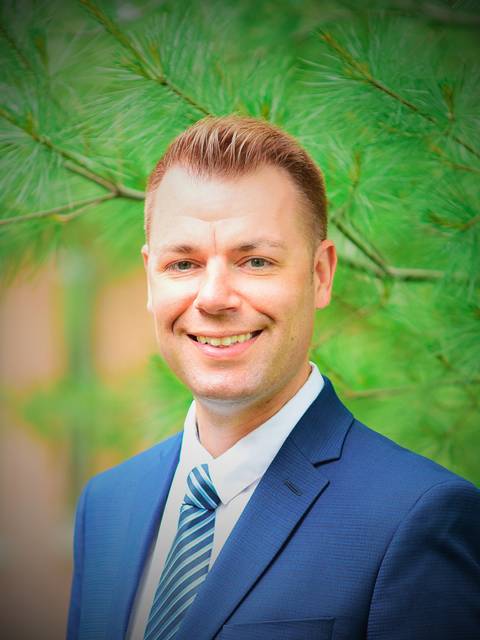This program dives into the difference between healthy boundaries and harmful barriers in social work relationships. Participants will explore self-awareness, and conflict management to navigate ethical challenges with colleagues and clients.
| Series | Ethics and Boundaries |
|---|---|
| Next Session | Feb. 21, 2025 | 8:30 a.m. to 12:30 p.m. |
Have that gut instinct, feeling of rumbling in your stomach, those things that make you go hmm…? This training offers participants an opportunity to explore the difference between boundaries and barriers in peer-to-peer and client relationships. It explores personal boundaries, trust, shame, vulnerability, and use of self-assessment tools. Participants learn new strategies in paradigm thinking, communication and conflict management in the workplace; through examining challenges they face when colleagues are unethical or cross professional boundaries. The training provides related information to enhance the workplace, conflict resolution strategies, and developing ethically informed decision-making model of practice with peer-to-peer and client-to-practitioner relationships. It furthers the development of teams, colleague’s adherence to the NASW Code of Ethics and improves performance in agency ethical decision-making.
Learning Objectives:
- Understand the importance of client/patient rights above and beyond the rights of social work practitioners and the agencies they represent
- Examine the 9 professional boundaries and explore how these impact ethical decision-making and the relationship with clients and colleagues.
- Discover the concepts of shame and vulnerability and how these interact with our personal social work practice and when determining how to best approach ethical decisions.
- Identify personal examples of professional social work ethical dilemmas, boundary crossing and blurring, that have negatively impacted your practice and discover the lessons learned.
- Understand and apply the Code of Ethics, Code of Conduct, and our ethical principles, when confronting ethical challenges by co-workers, utilizing the Nine Step Ethical Decision-Making Model.
This program meets Wisconsin Ethics and Boundaries continuing education requirements for human service professionals.
Who should attend
Human service professionals such as social workers, professional counselors, therapists, and psychologists.
Instructors
-

Dana Johnson, from Wisconsin, is a career social worker, practicing in senior-level management in state government, county human services, an educator in higher education, and operating a consulting and professional development firm. His experience includes child welfare practice, policy, and reform; transformational organizational leadership and culture change, supervision of teams, continuous quality improvement, and dynamic equity, diversity, and inclusion efforts across micro, mezzo, and macro systems.